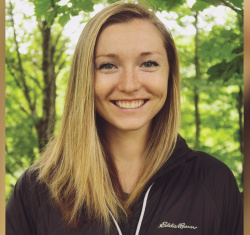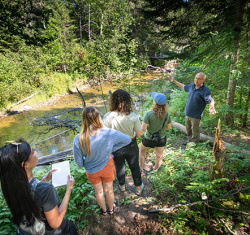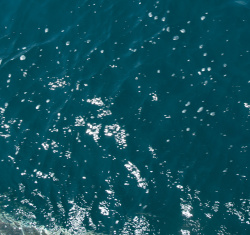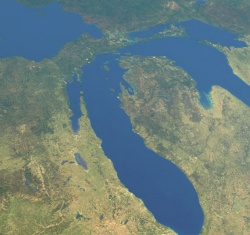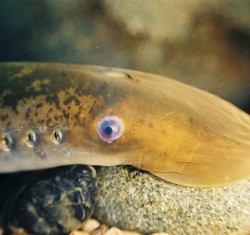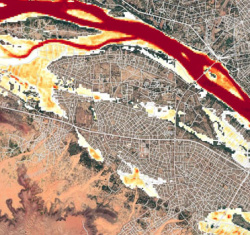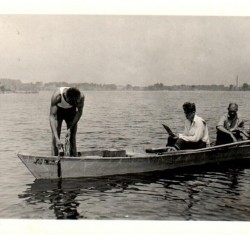
 back to all faculty
back to all faculty
Karen Alofs
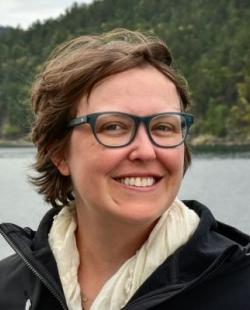
About
Assistant Professor Alofs studies how ecological concepts can be used to address conservation concerns in freshwater environments. Her recent work, as a postdoctoral fellow with the National Science Foundation International Research Fellowship Program, focused on the impacts of climate-facilitated range expansions on lake fish communities. In addition to climate change, she is interested in understanding the effects of environmental stressors including invasive species, habitat fragmentation and habitat degradation on biodiversity and ecosystem sustainability.
Alofs research is framed by three ecological questions: How are ecological communities changing across spatial scales and over time? What are the impacts of species interactions versus environmental factors on community structure, population persistence and invasion? And can we make general ecological predictions (e.g. predictions relevant in terrestrial and aquatic or temperate and tropical communities)? Moreover, she is interested in how ecological studies can contribute to the conservation of aquatic ecosystems and the sustainable management of fisheries.
Publications
Alofs KM. 2016. The influence of variability in species trait data on community level ecological prediction and inference. Ecology and Evolution. 6: 6345–6353.
Alofs KM and DA Jackson. 2015. The vulnerability of species to range expansions by predators can be predicted using historical species associations and body size. Proceedings of the Royal Society B 282: 20151211.
Alofs KM and DA Jackson. 2015. The role of abiotic and biotic factors in the establishment of predatory fishes at their expanding northern range boundaries in Ontario, Canada. Global Change Biology 21: 2227-2237.
Melles SJ, Chu C, Alofs KM and DA Jackson. 2015. Potential spread of Great Lakes fishes given climate change and proposed dams; an approach using circuit theory to evaluate invasion risk. Landscape Ecology 30: 919-935.
Alofs KM and DA Jackson. 2014. Meta-analysis suggests biotic resistance in freshwater environments is driven by consumption rather than competition. Ecology 95: 3259-3270.
Alofs KM, Jackson DA and N Lester. 2014. Ontario freshwater fish demonstrate differing range-boundary shifts in a warming climate. Diversity and Distributions 20: 123-136.
Alofs KM, Liverpool EA, Taphorn DC, Bernard CR and H López-Fernández. 2014. Mind the (information) gap: the importance of exploration and discovery for assessing conservation priorities for freshwater fish. Diversity and Distributions 20: 107-113.
PhD, The University of Texas at Austin (ecology, evolution, and behavior)
BA, University of Chicago (biology, ecology and evolution)



